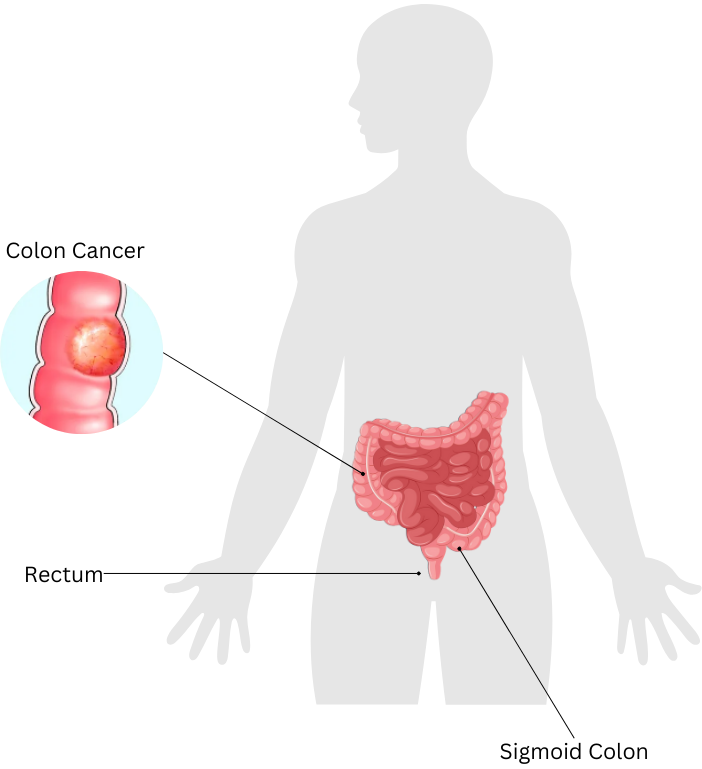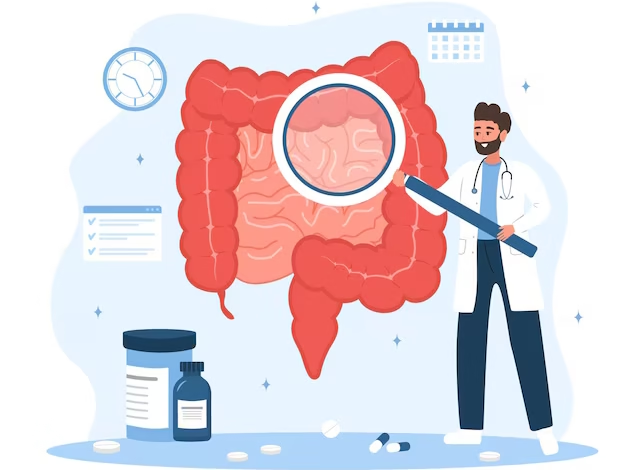
Let’s understand what we should know about colorectal cancer
Colorectal cancer is a type of cancer that starts in the colon or rectum, which are parts of the digestive system responsible for absorbing nutrients and processing waste.
Before cancer develops, the cells in the lining of the colon or rectum can undergo changes known as dysplasia. Dysplasia is an early sign of cancer, and if it is not detected and treated promptly, these abnormal cells can continue to grow and multiply, eventually forming cancerous tumors.
The primary cause of these changes in the colon or rectum is prolonged exposure to harmful substances, most notably a poor diet high in red or processed meats, lack of physical activity, smoking, and excessive alcohol consumption. Other factors such as a family history of colorectal cancer, inflammatory bowel disease (IBD), or certain genetic conditions can also contribute to these changes. While the colon and rectum have mechanisms to repair damage, persistent exposure to these risks can lead to dysplasia that may progress to cancer if left untreated.
Therefore, it is important to detect dysplasia or abnormal changes in the colon or rectum early. To help with this, we have outlined several aspects that can help you recognize potential risk factors or symptoms, such as changes in bowel habits, blood in the stool, or unexplained weight loss. Being aware of these aspects and seeking early detection through screenings like colonoscopies can greatly improve the chances of successful treatment for colorectal cancer.
Early detection of Colorectal cancer

